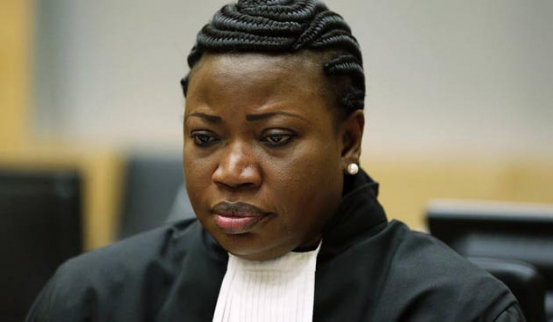×
The Standard e-Paper
Fearless, Trusted News

The Appeals Chamber of the International Criminal Court has granted a local non-governmental organisation amicus curiae (friend of the court) status in Prosecutor Fatou Bensouda’s case against Kenya over alleged non-cooperation.
But the decision has been opposed by another civil society organisation, setting the stage for what could play out as a major contest between two Kenyan organisations on the international scene.